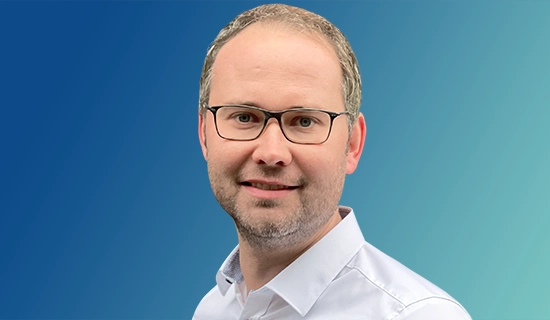Packaging development in the interest of potatoes & co:
Bundled power for state-of-the-art, sustainable packaging.
A food manufacturer and a packaging expert who think alike when it comes to combining product protection, functionality, convenience and the attractiveness of a package with more sustainability: The result is shown by the close cooperation with Wernsing Feinkost.
The partnership, which has lasted for decades, has repeatedly produced new, contemporary concepts that can be measured by constant optimisations along the entire process chain. Together, the two companies have been advocating for more sustainability in packaging issues for quite some time - and have long been on course to meet the upcoming EU requirements.
Holistic development approach: All requirements under one single roof.
Packaging development at Wernsing is carried out in close cooperation between production and marketing and the relevant packaging specialists - the top priority is product safety.
In addition, there is a complex interplay of other aspects: The various production processes, e.g. deep-freezing, hot-filling or pasteurisation, have to be taken into account, as do questions of logistics.
For example, it plays a decisive role in the design of the packaging whether it will later have to serve as a load-bearing element for the products above it during transport on a pallet.
This is where we come in. Our big plus point: from design to series production, customers can get all process steps from a single source here if they wish.

Our colleague describes the special features of our packaging development:
From design to series production, our customers receive all process steps from a single source on request:
- In this way, we combine all the requirements that are often not easy to reconcile at first glance: In our opinion, the ideal packaging should combine maximum product protection with minimum use of resources - without disregarding the end consumer's demand for convenience, consumer protection and the legal framework.
- The guiding principle of our packaging development is eco-design. In other words, to enable resource conservation with a holistic view of the entire manufacturing and supply chain - with the declared aim of implementing maximum product protection in the most resource- and climate-friendly way possible. The aim is always to find the best possible compromise in relation to the diverse requirements.
- Innovative development and design tools are used to turn a good idea into a series product that can be produced economically in large quantities. These include filling analyses, 3D simulations and digital mock-up (DMU).
- Checking the newly developed packaging to see if it can be processed for use on existing filling lines, rapid prototyping is a helpful step. The idea becomes tangible on in-house 3D printers.

Examples of modern packaging that combine economic efficiency and resource conservation:
What the customer says:
Let's give sustainability a seat at the decision table.

More environmental and climate protection through a more careful use of natural resources is one of the top issues when it comes to the packaging of consumer goods. Manufacturers, packaging specialists and retailers want more sustainable packaging and are therefore intensively dealing with the complex task of developing not only reliable and attractive packaging, but also more sustainable packaging at the same time.
But what is sustainable packaging at all?
This is how we practise responsibility within the Pöppelmann group:
Sustainable management has been a fundamental factor in our success for decades. The long-term added value of our actions lies at the heart of all of our decisions. This attitude is best described by the notion of "responsibility". We assume this responsibility every day anew – for our employees and the quality of our products, for the natural resources of our planet and for the region which we call home.

We do it. Better.
In joint responsibility for tomorrow.

Thinking ecologically.
Acting economically.

Acting ecologically.
Do you have any questions? The FAMAC® team will be happy to answer them.
On-site
Our sales representatives can come straight to your premises. Make an appointment now.
+49 4442 982-3900
Monday through Thursday: 8:00 – 17:00 p.m.
Friday: 8:00 – 15:30 p.m.
By e-mail
Twenty-four hours a day. We will get back to you as soon as possible.
